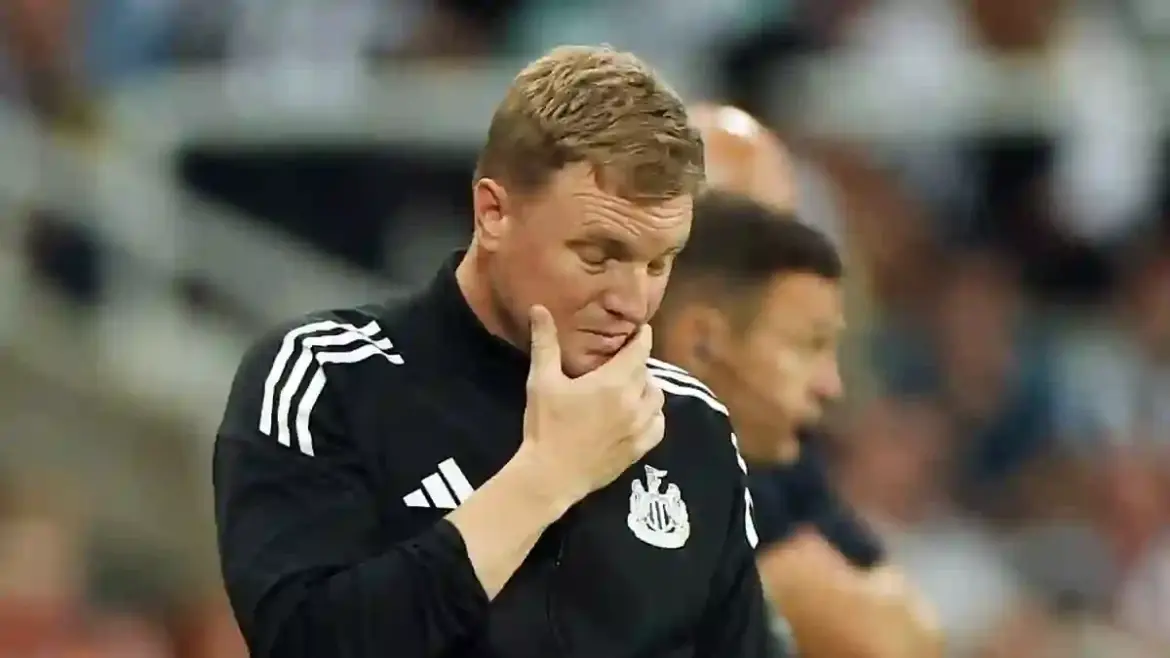This summer was supposed to mark a new dawn for Newcastle United.
With Saudi ownership injecting record-breaking money into the club, fans imagined a wave of footballing superstars arriving at St James’ Park.
Instead, the reality has been one of frustration, rejection, and dashed expectations, culminating in the high-profile departure of Alexander Isak.
Isak’s Exit Sends Shockwaves
Isak’s transfer away from Newcastle was executed with the urgency of a man desperate to leave.
For supporters who had anticipated a summer of ambition and marquee signings, it was a bitter blow.
The Swede’s exit, particularly to Liverpool, highlighted a painful truth: despite the wealth behind the club, Newcastle still struggles to retain its top talent.
The Saudi Factor and Ethical Concerns
Some might speculate whether the Saudi ownership’s global reputation has influenced players’ decisions.
Questions about the kingdom’s human rights record and controversial politics may weigh on the minds of elite footballers.
Yet stars like Lionel Messi and Cristiano Ronaldo have embraced Saudi ventures without hesitation, suggesting that, for many, the lure of money outweighs broader concerns.
On-Field Ambitions Meet Off-Field Reality
The spate of summer rejections is puzzling. Newcastle boasts a respected manager in Eddie Howe, a fervent fanbase, and one of the most iconic stadiums in the country.
The atmosphere at St James’ Park, as witnessed during a clash with Liverpool, is electric. Yet the club has struggled to convince elite talent to make the move north-east.
A Summer of Missed Targets
Top prospects like Joao Pedro, Benjamin Sesko, and Hugo Ekitike turned down Newcastle, leaving fans and pundits questioning the club’s Saudi-backed ambitions.
Early hopes of landing global icons such as Kylian Mbappe, Robert Lewandowski, and Neymar Jr. now feel distant. The financial clout exists, but translating it into footballing success has proven far trickier.
Selling vs. Aspiring
The sale of Isak exposes a critical weakness. Newcastle may have some of the wealthiest owners in football, but they remain a selling club in practice.
Despite the ambition to rival Liverpool, Manchester City, and Manchester United, Newcastle’s progress has plateaued.
The lack of substantial investment in the training ground and only tentative talk of modernizing St James’ Park reinforce this perception.
Summer Transfers: Mixed Signals
The club has made some shrewd additions, like Anthony Elanga and Jacob Ramsey, who are expected to strengthen the squad. Yet other moves raise eyebrows.
Spending £55m on 29-year-old Yoane Wissa from Brentford and £65m on the unproven Nick Woltemade from Stuttgart smacks of uncertainty rather than strategy.
Overall, the transfer window has done little to mask the loss of their star striker.
What Isak’s Departure Means for Newcastle’s Reputation
Isak’s exit sends a worrying signal to other elite players.
If the club cannot retain its top talent, why would future stars commit? The manner of his departure, perceived as lacking respect for fans, has amplified doubts about Newcastle’s ability to compete at the highest level.
The club’s hierarchy may possess wealth, but influence in the English game remains limited.
Fans Question the Dream
Many supporters once celebrated the Saudi owners as a ticket to global glory.
Now, after Isak’s sale and a summer of rebuffed targets, skepticism is creeping in.
Newcastle’s pursuit of major trophies feels uncertain, and comparisons to the Mike Ashley era—when mediocrity was the accepted norm—have resurfaced.
The challenge for the club is clear: wealth alone cannot buy ambition or respect on the pitch.
